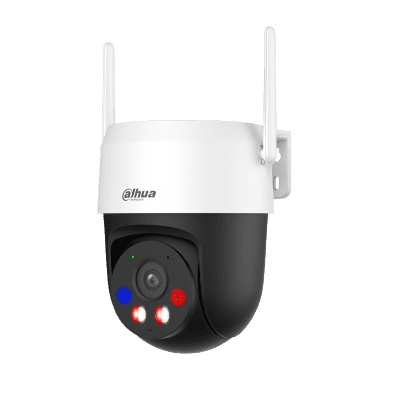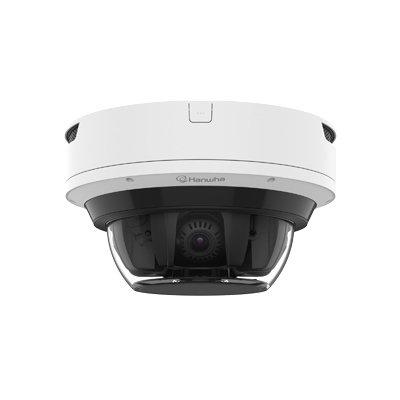 |
| NICE’s Physical Security business unit provides video surveillance technologies to security-aware organisations |
NICE Systems has entered into an agreement to sell its Physical Security business unit to Battery Ventures, a technology investment firm, for a total consideration of up to $100 million, comprising of $85 million in cash and up to additional $15 million based on future performance.
NICE’s Physical Security business unit provides video surveillance technologies and capabilities to security-aware organisations.
Company strategy plan
This divestiture will allow NICE to focus on its key markets and enterprise software business as part of the execution of its long-term strategic plan.
“We continue to aggressively execute our long-term strategic plan,” said Barak Eilam, CEO of NICE. “An element of that plan has been the divestiture of two businesses that did not fall within the parameters of our more synergetic, primary businesses. With this agreement, we have completed this stage of our plan, and we are now better able to focus on those areas that we believe will continue to drive profitable growth for our company.”
Eilam continued, “The Physical Security business unit has been a source of pride for NICE for many years with its history of constant innovation and market leadership. We are pleased to reach this agreement with Battery Ventures, which will place great emphasis on this area of business, and will be a good home for our employees. I believe that this business will remain a valuable asset for both customers and partners.”
Subject to certain conditions and satisfaction of terms, the transaction is scheduled to close during the third quarter of 2015.
Financial guidance revised
Beginning in the third quarter of 2015, the company will present its results from continued operations on a pro forma basis with the Physical Security business unit as a discontinued operation.
The company is therefore revising its guidance to exclude the Physical Security business unit’s projected contribution from third quarter and full-year non-GAAP total revenues and non-GAAP fully diluted earnings per share.
The company now expects third quarter 2015 non-GAAP total revenues from its continued operations to be in a range of $215 million to $225 million (previous guidance: $236 million to $246 million), and third quarter non-GAAP fully diluted earnings per share from its continued operations to be in a range of $0.65 to $0.71 (previous guidance: $0.68 to $0.74).
The company now expects full-year 2015 non-GAAP total revenues, on a pro-forma basis as if Physical Security was excluded from the beginning of the year, to be in a range of $914 million to $934 million (previous guidance: $985 million to $1,005 million), and full-year non-GAAP fully diluted earnings per share to be in a range of $2.97 to $3.08 (previous guidance: $3.04 to $3.15).
The company expects the divestiture to be non-dilutive to earnings in 2016



















